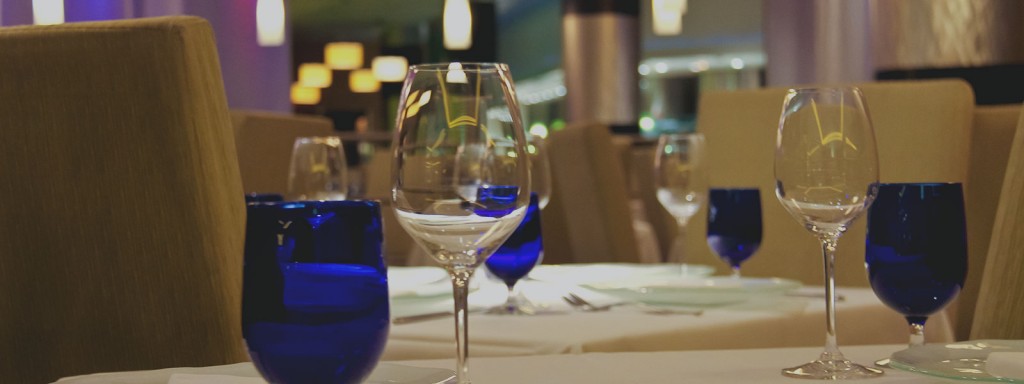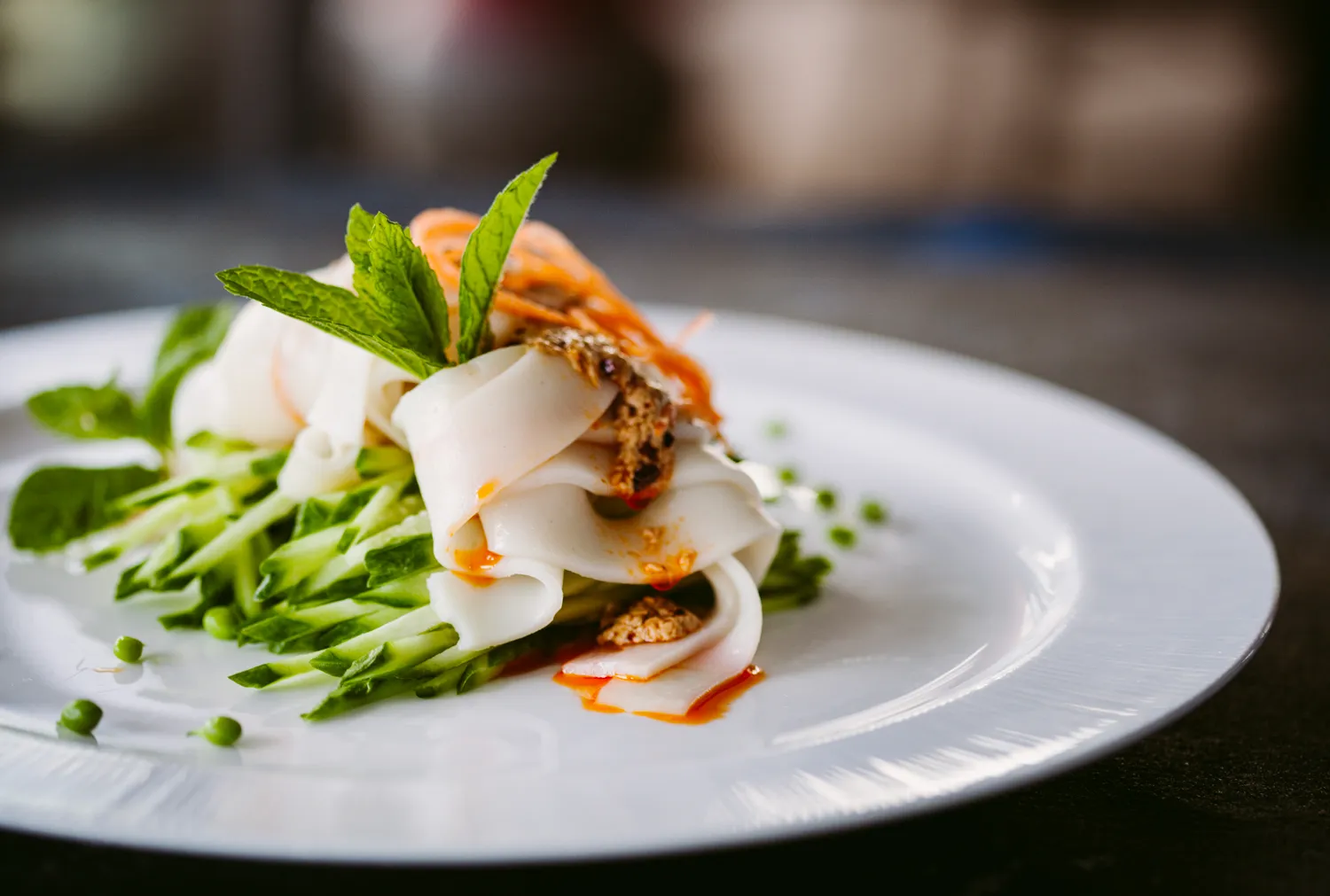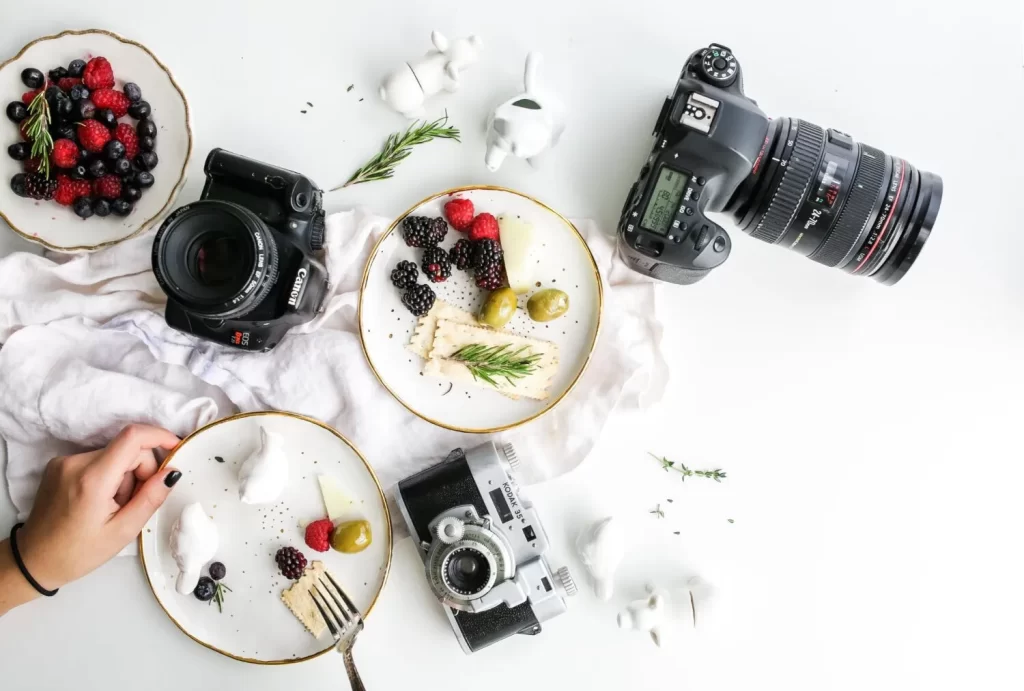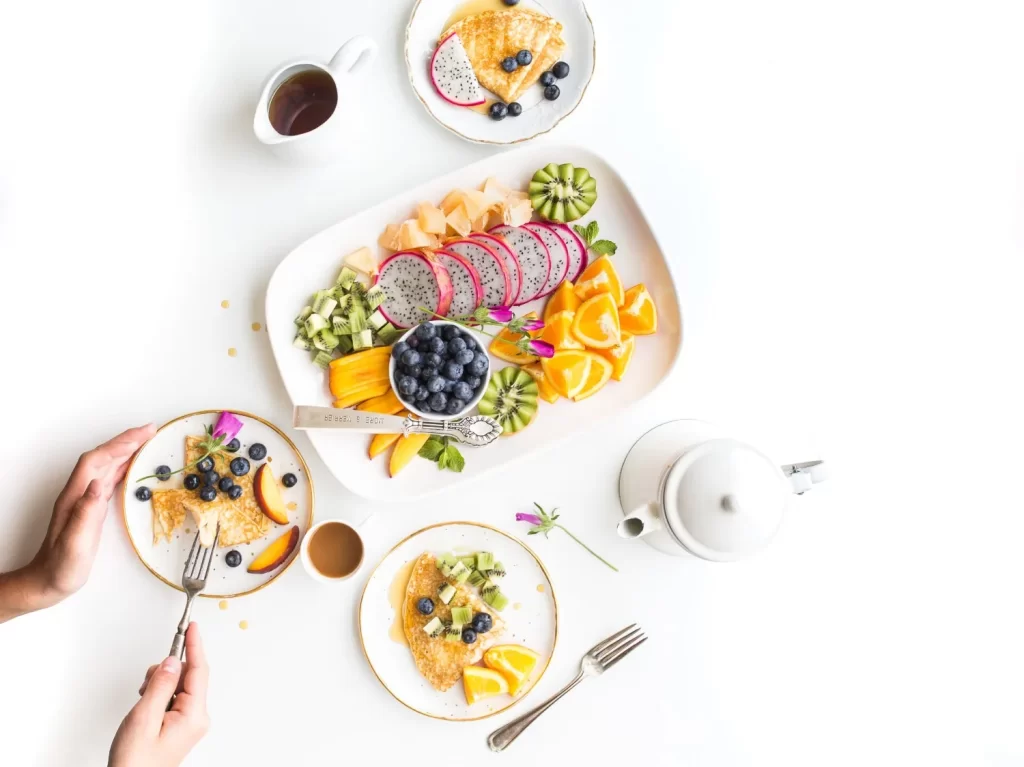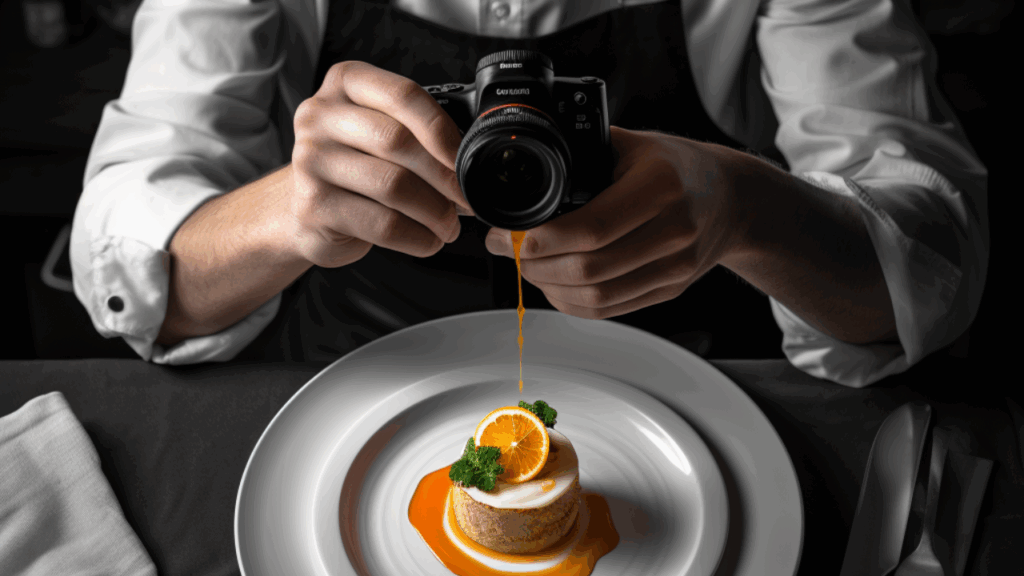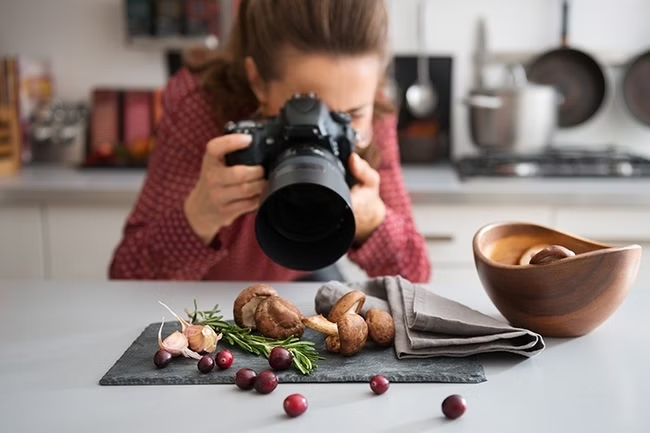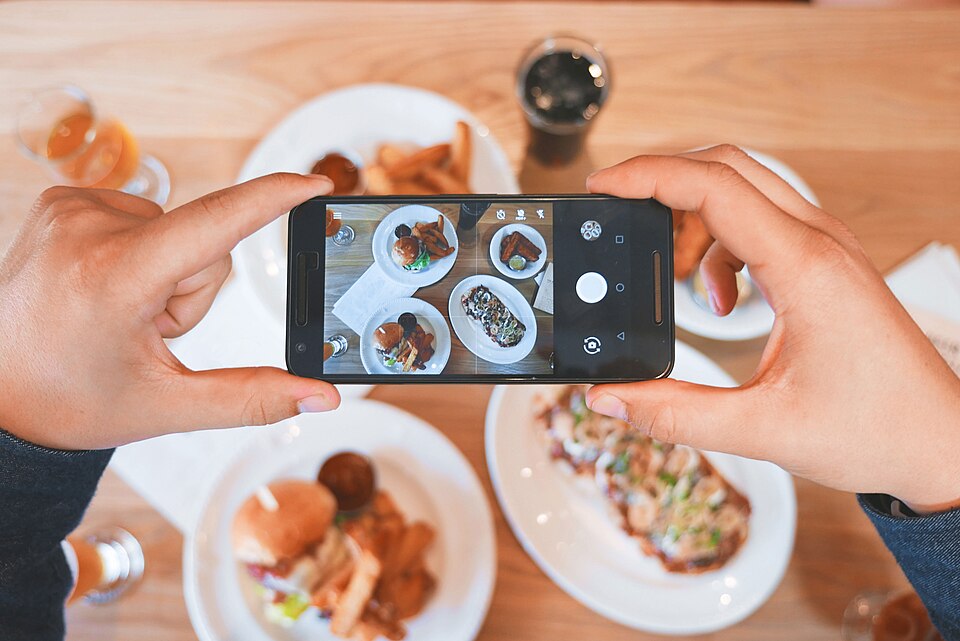Restaurant food photography can transform your business, enhancing customer attraction and boosting sales significantly.
Introduction
Visual appeal is vital in the food industry. Customers first eat with their eyes. Quality restaurant food photography helps attract more customers, increasing sales and customer satisfaction.
Capturing delicious images ensures potential diners feel hungry even before tasting the dishes. Effective visuals make your marketing compelling and drive more customer interactions.
The Power of Visuals in the Restaurant Industry
Why Images Matter
Appealing food images dramatically influence customer choices. They guide diners’ decisions, helping them quickly select dishes from menus or websites.
Visuals are essential for marketing and social media engagement. Beautiful, vibrant images encourage shares, likes, and comments, boosting your restaurant’s visibility.
Impact on Sales
High-quality visuals directly impact your restaurant’s revenue. Restaurants incorporating attractive images see significant sales increases, often up to 30% or more.
Quality images also foster trust and loyalty. Customers return more frequently when visuals accurately represent their dining experience, improving overall retention.
Basics of Restaurant Food Photography
Understanding Food Staging
Food styling involves carefully arranging dishes to maximize visual appeal. Effective plating techniques, garnishing, and emphasizing food freshness can dramatically enhance attractiveness.
Selecting appropriate backdrops, props, and textures adds context to the images. For instance, adding fresh herbs or steam effects can communicate freshness and warmth.
Importance of Lighting
Natural lighting is ideal for food photography, emphasizing color balance and texture emphasis. Shooting near windows during daylight ensures soft, even lighting and vibrant colors.
Artificial lighting can also work well with the correct diffusers and reflectors. Controlling shadows and highlights carefully ensures food looks appealing rather than washed out.
Advanced Tips for Captivating Food Images
Embrace Geometry in Composition
Incorporating geometry creates compelling visual effects. Techniques like overhead shots and flat lay photography highlight shapes, patterns, and color contrast.
Utilizing the rule of thirds and leading lines in compositions directs attention naturally. Symmetrical arrangements or deliberate asymmetry can enhance viewer interest.
Balancing the Photo
Effective balance is essential. Carefully distribute visual elements, ensuring no single aspect overwhelms the image. Utilize negative space strategically to maintain visual interest.
Consider depth of field carefully. Adjust aperture settings, ISO settings, and shutter speed to highlight the subject and create balanced, inviting images.
Incorporating Human Elements
Adding human elements creates relatable images. Action shots like pouring shots or drizzle effects capture motion blur, providing a dynamic, engaging feel.
Including diners’ hands or utensils makes photos authentic, telling stories that resonate emotionally with customers.
Equipment and Tools for Effective Food Photography
Choosing the Right Camera
Select cameras based on your budget and photography requirements. DSLR photography and mirrorless cameras offer excellent quality, manual controls, and flexibility in settings.
Smartphone photography can also produce impressive results with good natural lighting and careful attention to camera angles and image resolution.
Utilizing Lenses and Accessories
Choosing lenses significantly influences the quality of your food images. Macro photography lenses are excellent for capturing detailed textures and enhancing close-ups.
Accessories like tripods ensure stability, preventing camera shake. Reflectors and diffusers help control lighting, improving image clarity and attractiveness.
Strategies for Approaching Restaurants
Offering Free Trials
Offering complimentary photoshoots is a great strategy to build your portfolio and gain experience. Set clear expectations about image licensing, shot list creation, and overall shoot planning.
Establishing clear boundaries avoids misunderstandings. Provide restaurants with high-quality images, proving your skill and reliability.
Pricing Your Services
Understand different pricing strategies, such as hourly rates and project fees. Pricing should reflect your experience, equipment usage, and post-processing efforts.
Clearly communicating your service value helps clients appreciate professional restaurant food photography as an essential investment for their brand.
Enhancing Social Media Presence Through Food Photography
Creating Shareable Content
Creating visually appealing and shareable content boosts your restaurant’s online visibility. Carefully crafted images paired with strategic hashtags and engaging captions enhance social media optimization.
Storytelling through images creates memorable connections. People enjoy sharing visually compelling stories, increasing your brand’s reach significantly.
Engaging with the Audience
Interact actively with your followers by responding to comments and encouraging user-generated content. Customer interactions strengthen community bonds, improving overall engagement and loyalty.
Highlight customer-shared photos and experiences to foster a personal connection, building deeper relationships with your patrons.
Conclusion
Restaurant food photography is a foolproof way to boost sales and customer engagement. By mastering lighting, composition techniques, and storytelling, you create captivating visuals.
Continuous learning, practicing various techniques, and adapting to trends keep your visuals fresh and effective. Investing in professional food photography yields lasting benefits, attracting loyal, enthusiastic diners consistently.


